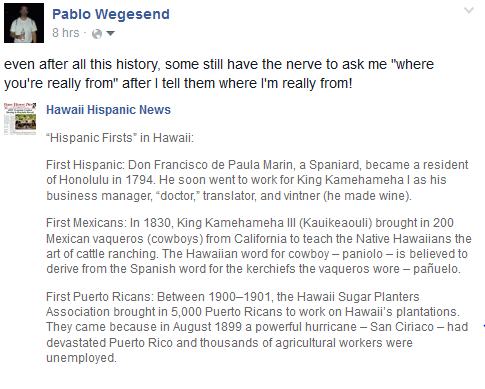Libraries that serve the print disabled (which includes the blind, visually impaired, and those with physical disabilities which make it difficult to hold a print book) loan out audiobooks for those patrons.
However, federal law has limitations on the lending policies.
So here is my letter to Congress about that issue.
The Pratt-Smoot Act of 1931 (and its various amendments) allows the National Library Service for the Blind & Physically Handicapped (also known as NLS) to loan out audiobooks to eligible patrons. The eligibility requirements includes any of the following conditions
- blindness
- visual impairments
- deaf blindness
- physical disabilities that make it hard to hold a print book
- reading disability caused by organic dysfunction
The following conditions that are not eligible to receive audiobooks from NLS include
- developmental disabilities
- intellectual disabilities
- illiteracy due to a lack of education
People living with such conditions should NOT be isolated from information that is easily accessible to everyone else.People living with such conditions may have difficulty reading a print book or reading from a computer screen could benefit from access to audiobooks.However, it would take an act of Congress to change the eligibility requirements to receive audiobooks from NLS.I would want Congress to do the following
- open eligibility of NLS provided audiobooks to those struggling with illiteracy, intellectual disability, developmental disability, emotional illness, mental illness and any other disability that makes it difficult for a person to use a print book
- change the NLS official name to National Library Service for People with Disabilities to reflect such changes
- change the terms listed in Pratt-Smoot Act (and amendments) and NLS materials to better reflect modern terminology related to disabilities (ie. use "intellectual disability" instead of "mental retardation", use "physical disability" instead of "physical handicap")
Please introduce bills in Congress that address such issues.
--
The letter and the speech is an extension of my work for my LIS 699 Project: Library Resources for the Blind and Visually Impaired.
You can check out my writings for that project at http://pwegesen.wix.com/pablowegesendlis#!lis-699-projects/cdgt


